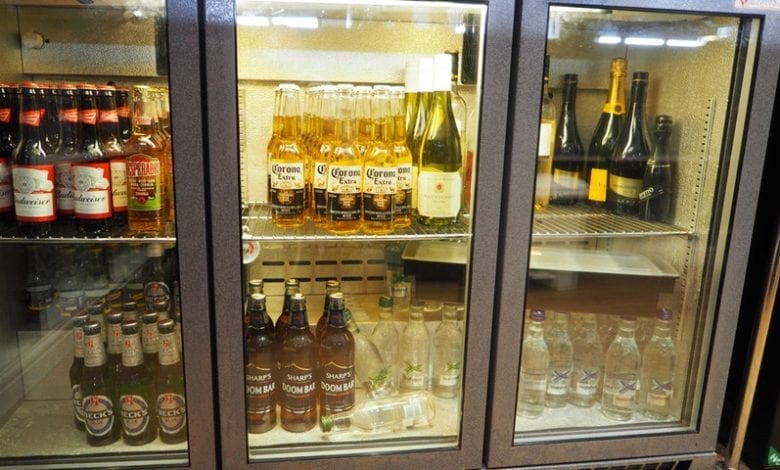Illegal refrigerants: a new consideration for catering

When looking for a place to dine, consumers are typically focused on the cost, hygiene and the overall quality of the food the establishment offers. In more recent years, they are also demanding that restaurants, bars and caterers demonstrate effective practices around sustainability.

